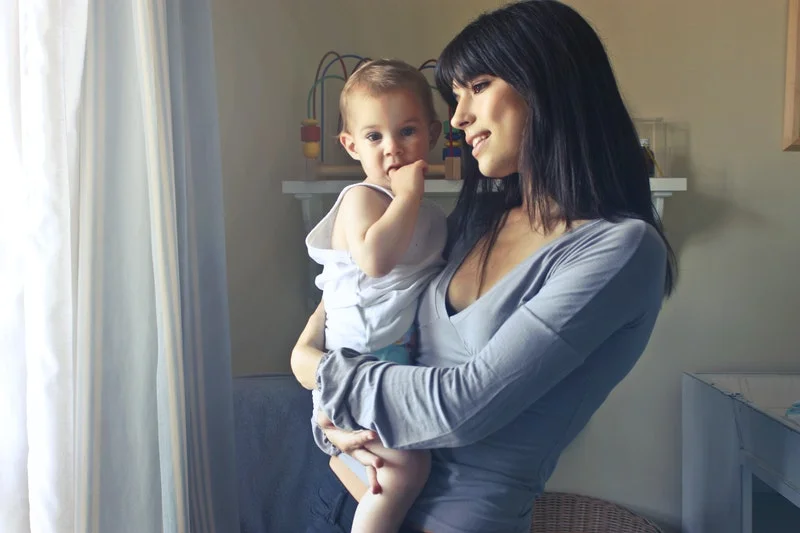In January 2021, the MASIC Foundation – which supports women who have experienced severe perineal injuries during childbirth – carried out a survey of over 300 women to understand the impact this injury had on the health of their children. Perineal injury ( tearing in the area between the vagina and the anus during childbirth) is not a topic that is often discussed but it has serious consequences. For instance, around 60% of women who have sustained a 3rd- or 4th-degree tear during childbirth have long-term pelvic floor complications. In the survey, approximately 85% of women who had sustained a severe perineal injury said that this issue affected their physical and emotional relationship with their child since it impacted their ability to care for their baby.
Table of Contents
Effects of Severe Perineal Tears
The effects of a severe perineal tear can affect women’s relationship with their babies or children in the short- and long term. The survey showed that 40% of women noticed this effect in the first half-year of their child’s life, around 27% said it affected them during the first year of their baby’s life, around 18% were impacted for the first five years of their child’s life and around 14% had permanent consequences. The reasons for the impairment of the relationship included physical pain, trauma, symptoms that some mothers found embarrassing (including bowel control issues), and an inability to undertake so-called normal activities such as taking part in playgroups, physical activity, and more.
Taking Legal Action
It is important for mothers to obtain the help they need if they or their child has experienced a birth injury owing to medical negligence. This is because care, therapy for issues such as postnatal depression and anxiety, and help with child-rearing if necessary can be costly. Especially in the early months or years, when you are trying to get your bearings, compensation obtained by a birth injury lawyer can help ensure you and your child have access to a wide range of treatments. Substandard care resulting in a tear can include failing to appreciate risk factors for a perineal tear (including induction, epidurals, and having a baby that weighs over 4kg), failing to take steps to reduce the risks of a tear, delay in diagnosing a tear, and failure to react to signs of infection.
Obtaining Therapeutic Help
There are many different modalities that can be used in postpartum care to help women battle pain after childbirth. These can include physical therapy in the form of intra-vaginal and intra-rectal pelvic floor muscle stretching, massage, ultrasound, and transcutaneous electric nerve stimulation, and low-level laser therapy (to promote healing, decrease pain, inactivate trigger points, and more). Women who are experiencing trauma, depression, and/or anxiety as a result of traumatic birth should seek psychological help. Common approaches used include cognitive-behavioral therapy, eye movement desensitization and reprocessing (EMDR), and group therapy. Medication, lifestyle changes, and holistic activities such as mediation may also be advised.
A recent survey has shown that severe birth injuries (such as grade three and four perineal tears) can significantly affect a mother’s relationship with her child in the short- or long term. Those who have experienced this injury should seek legal and psychological support. Doing so will enable them to tackle issues like pain, discomfort, and anxiety, all of which can stand in the way of the relationship they wish to build with their child.

